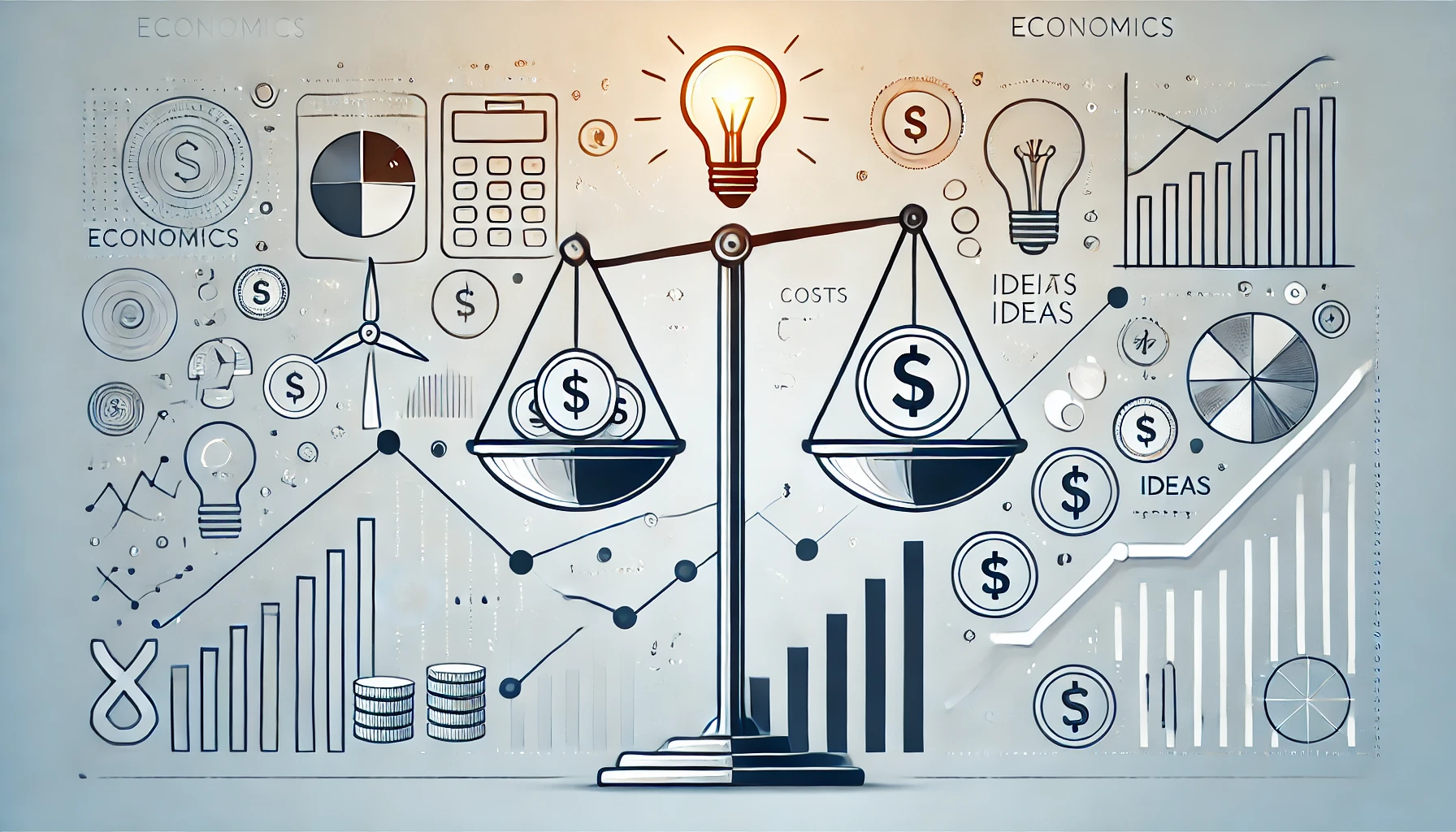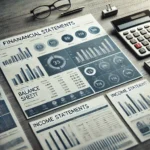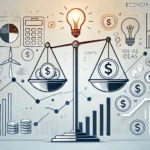The Economics Perspective
Introduction to Economics (1/3)
First things first, economics is complex. So complex in fact, that “complex” economics is just “simplified” economics. If that doesn’t make sense to you, then you know what I mean.
Economics (in business) is all about the application of priniciples, theories and methods in order to analyze, solve and predict problems.
There are two main lessons when it comes to economics:
- If you aren’t paying for something, someone/something else is.
- Companies don’t give “freebies” to be nice (usually), it is part of their business model/plan.
Before we fully jump into economics, lets understand some terminology.
Scarcity
The limits we have on good and services due to limited economic resources (see economic resources below)
Utility
The pleasure, happiness or satisfaction from consuming goods and services.
Marginal Analysis
Marginal – “extra”, “additional”, “a change in”
Marginal Analysis – comparisions of marginal benefits and marginal costs
Economic Resources
All natural, human and manufactured resources that go into producing goods and serivces. (see more about economic resources in “Introduction to Economics (3/3) – The Economizing Problem”)
“There is no free lunch”
One of the most important things to know about economics is that there is no such thing as “free”. As stated earlier, just becasue something may seem free to you, doesn’t mean that it is free. Someone, somewhere is paying for it.
Purposeful Behavior
Economics, as bad as it sounds, assumes that behavior reflects “rational self-interest”. In other words, people look for opportunities to increase their utility (see utility in terminology).
Now this isn’t to say that everyone is selfish. This simply means that people do what makes them feel good. Some people feel great when they help other people out. It is important to know the distinction between “rational self-interest” and “selfishness”.
We call this “rational self-interest” and the behavior therein, “Purposeful Behavior”.
Marginal Analysis
Lets recap on terminology
Marginal Analysis are comparisons of marginal benefits and marginal costs.
You can think of this as a “pros” and “cons” type situation. Instead, you are comapring the benefits of something to what it costs (this could be monetary, personal and more).
The basics are – if the marginal cost is larger than the marginal benefit, then choose the other option.
This may seem simple, but it can get quite complex after some time. Its importnat to know that EVERY option in a decision invovles marginal benefits and costs and they should be compared with one another.
We as humans instinctively follow this, but somtimes we overlook the true comparisons simply because of our wants. Its important to keep things logical when running comparisons.
When you are comparing options, you only want to compare the things that differ. Everything else should not be consiered/be set as equal. We call this the “other-things-equal” or “ceteris paribus” rule. (see more information below)
Theories, Principles and Models
When we are coming up with theories, principles and models we follow the scientific method:
- Observe real-world behaviors and outcomes
- Create a hypothesis based on these observations
- Test the hypothesis by comparing it to outcomes from specific events
- Accept, reject and modify hypothesis based on the comparisons
- Continue to test the hyptothesis against the facts from comparisons
Economics is very complex. When econonomists are developing theories, principles and models they remove all the clutter and simplify. (now you know why I started this article the way I did)
When we remove all the clutter and simplify, this is called “purposeful simplifications”
Here are a few more definitions to add to the terminiology (review and more):
Generalizations
Economic priniciples are generalizations. They are expressed as tendancies of typical or average consumers, workers or firms.
Other-Things-Equal (Ceteris Paribus) Rule
The assumption that factors other than those being considered do not change.
Ceteris Paribus – examing the relationship between the price of goods and sales of that good while ignoring other factors
Purposeful Simplifications
When economists remove clutter and simplify while creating theories, principles and models.
Purposeful Behavior
“Rational Self-Interest”, also known as, people doing what makes them feel good.
Learn More About Economics
Learn more about economics here
Sources
Much of the information in this is from “Economics 23e” from Campbell R. McConnell, Stanley L. Brue and Sean M. Flynn.
Please note, that this is NOT copied information, but much of what I am stating can be considered a “summarized version” of the information in this book.






